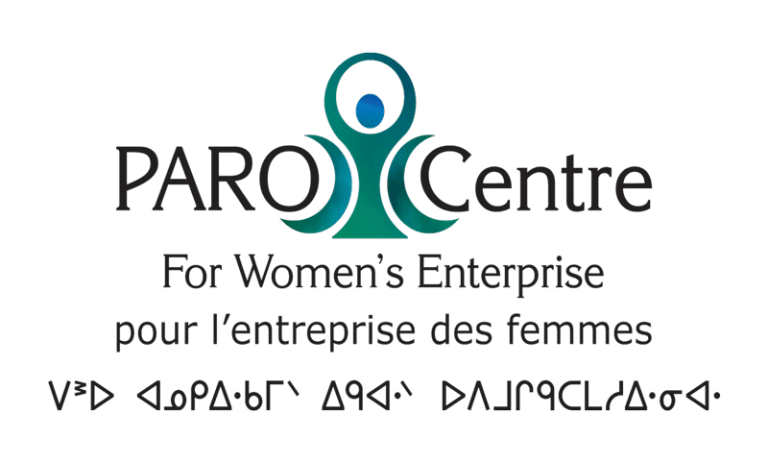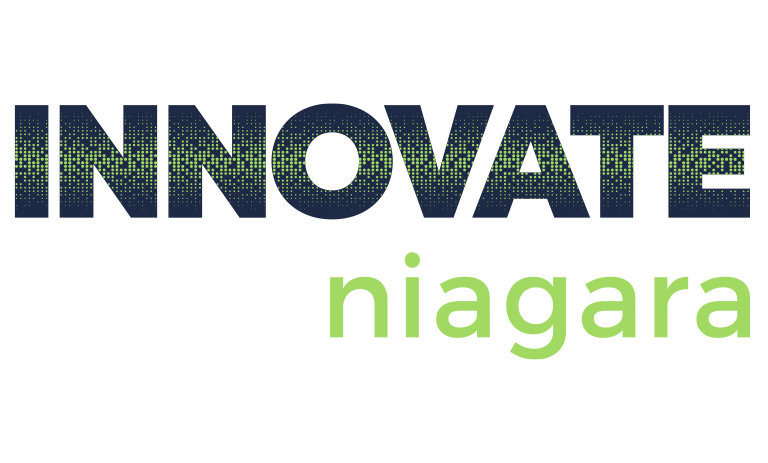
DELIA Microloans
For Women-Owned Businesses Across Canada
Approved DELIA loans are typically disbursed by EFT just two weeks from receipt of a complete online application. Concurrent mentoring and connectivity is available for select DELIA recipients via our exclusive advisory partner, MNP. Additional terms and conditions apply. Visit ncfdc.ca/delia for details.
- Online Fintech Application
- No Prepayment Charge
- Prime +2% to 4% Risk Rated
- Instant Pre-qualification Available
Empowering Women through Trade
Women-owned businesses contribute more than $117 billion to Canada’s economy. In 2007, women-owned, small-to-medium-sized enterprises (SMEs) represented 5.9% of export activity; that number is now 11%, with 16% of SMEs majority-owned by women nationwide. An exciting change is underway. There are hundreds, if not thousands, of women-led networking groups, organizations and associations, all with a mandate of empowering women to achieve greatness in business.
Whether it’s accessing capital, building sustainable networks or finding the right export support, the challenges are many, but you are not alone. Export Development Canada’s Women in Trade guide will help you understand the issues and develop strategies for overcoming them.
Capital Grant: Create inspiring, useful spaces
Apply for a Capital grant to help your non-profit organization address a community need by improving the infrastructure Ontarians need to thrive. Whether it’s purchasing equipment, building a new space, or completing renovations, retrofits or repairs, Capital grants support projects that will have a positive impact in your community.We support projects that:
- Improve access to community spaces, facilities, programs, activities and services, and facilitate community members’ full participation in the life of the community
- Improve and build community spaces
- Make programs and services better and more efficient
- Make better use of technology
Organizations can request funding for multiple capital improvements within one facility, e.g., touchless entry and widening of doorways at local community centre, or they can request funding for the same capital improvements at multiple facilities, e.g., HVAC retrofits at 3 municipal arenas.
For more information, deadlines for application, and more, please visit:
https://otf.ca/our-grants/community-investments-grants/capital-grant
Links
PARO’s supports women by meeting women where they’re at. Whether it’s your geographic area, or where you are on your business journey, PARO’s programs and services are designed to support you wherever you are!
Innovate Niagara is a Regional Innovation Centre. Our mission is clear: we exist to support innovative entrepreneurs and companies from a variety of industries start, grow and succeed. Becoming a client is at no cost to you and gives you access to valuable services and resources. Are you an entrepreneur? Discover how Innovate Niagara can help you.
Women in Niagara News
Nominations Open for 2024 Women in Business Awards
Nominations are now open for the 2024 Women in Business Awards. Since 2000, the Women in Business Awards have recognized… more »
Gillian’s Place: Call for Applications for Director at Large
Gillian’s Place Gillian’s Place is a Canadian charitable organization whose mission is to empower and support people experiencing gender-based violence… more »
Lunch & Learn: Embrace & Elevate — Cultivating Inclusion at Work
Discover how diversity can become the cornerstone of innovation and success in our next Lunch & Learn. We will delve… more »




